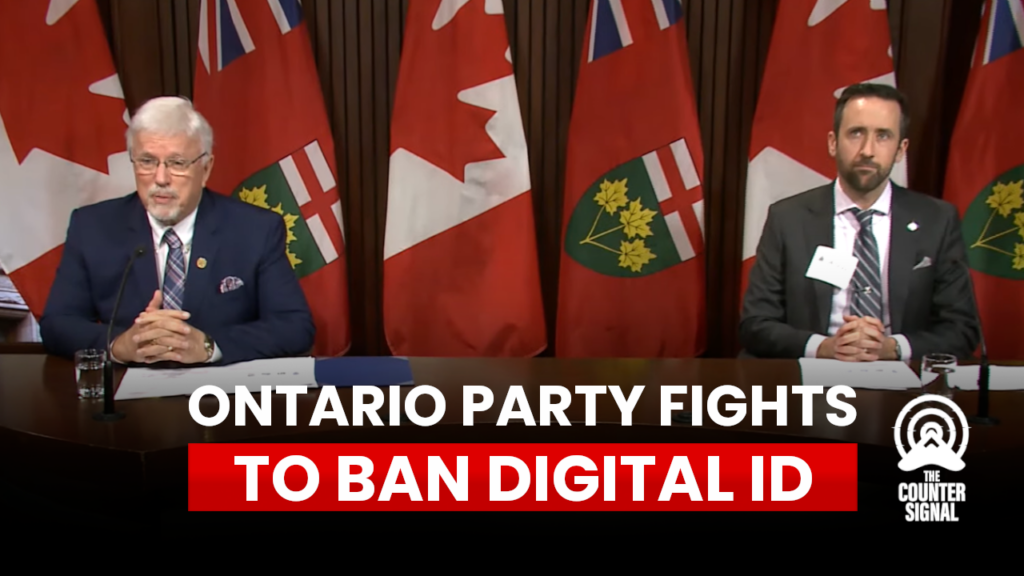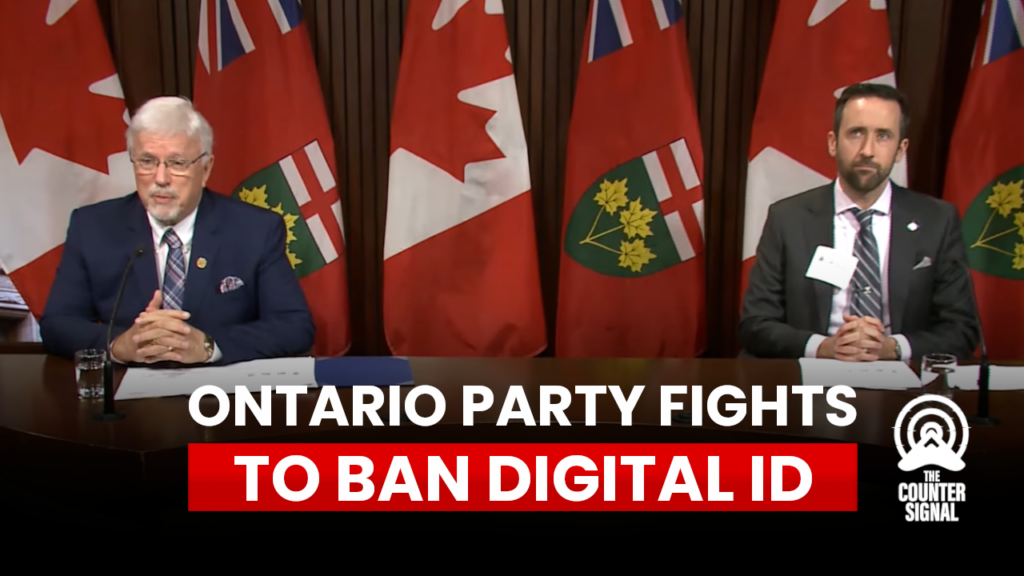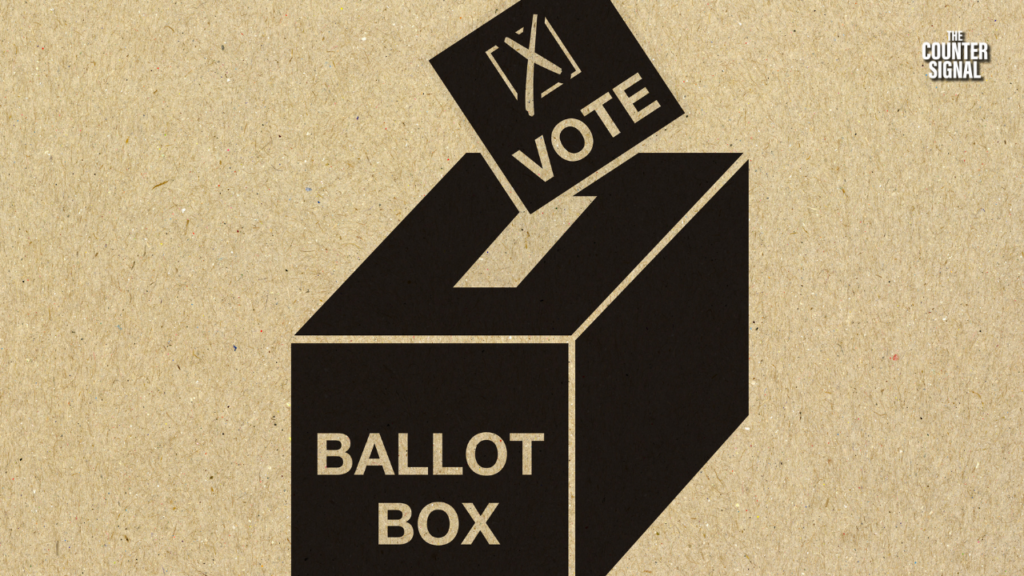The Ontario Party, led by Derek Sloan, has presented a petition to the Ontario Legislature that proposes a ban on digital IDs.

“Rick Nicholls and I presented a petition to the Ontario legislature, signed at the time with over 20 thousand signatures, calling for the banning of a digital ID system that is being implemented by the Ford government,” Sloan stated.
Ontario is a free province. We won't let Douglas 'Digital ID' Ford have his way. #onpoli https://t.co/oHHxfQORCV
— Derek Sloan (@TrueDerekSloan) April 13, 2022
As per the petition:
“WHEREAS: Ontario is planning to introduce a comprehensive “Digital ID” program that will centralize every citizen’s personal, financial, business, medical and social information, and assign them an identification under this system.”
“WHEREAS: Central banks in Canada and around the world are already developing digital currencies to replace paper and coin money, and these digital currencies will be integrated into any “Digital ID” program.”
“WHEREAS: The dangers that this new program poses to upholding civil liberties and privacy rights, and the clear opportunities for abuse of governmental authority it presents in terms of surveillance and compelled behaviour, using access to basic resources as a tool of coercion, are ominous. They point toward progression to a dystopian communist Chinese-style “social credit” system.”
As reported by The Counter Signal, digital IDs, which already exist in Ontario but are still voluntary, have far-reaching and dire consequences.
As mentioned in the petition, digital IDs open the gateways for a Chinese-style social credit system and several other concerning policies and technologies like carbon impact scores, vaccine passports, and central bank digital currencies.
Overall, this petition echoes the public’s growing aversion to a digital ID system in light of the collective awakening concerning the WEF Great Reset agenda.
Nichols further warns that the digital ID is being prefaced under the guise of convenience.
“I’m going to tell you right now — the government is going to sell you a bill of goods. They’re good to tell you how wonderful it is, how convenient it is.”
As it stands, provinces are torn on implementing a digital ID. While Alberta and Ontario have already rolled theirs out, Saskatchewan recently scrapped its plan to launch one after polling citizens who wanted nothing to do with it. Instead, the provincial government now says they’ll monitor uptake and feedback from colleagues in other jurisdictions.
“We will be watching very closely to observe how their digital ID programs progress,” a Ministry of SaskBuilds official stated.












